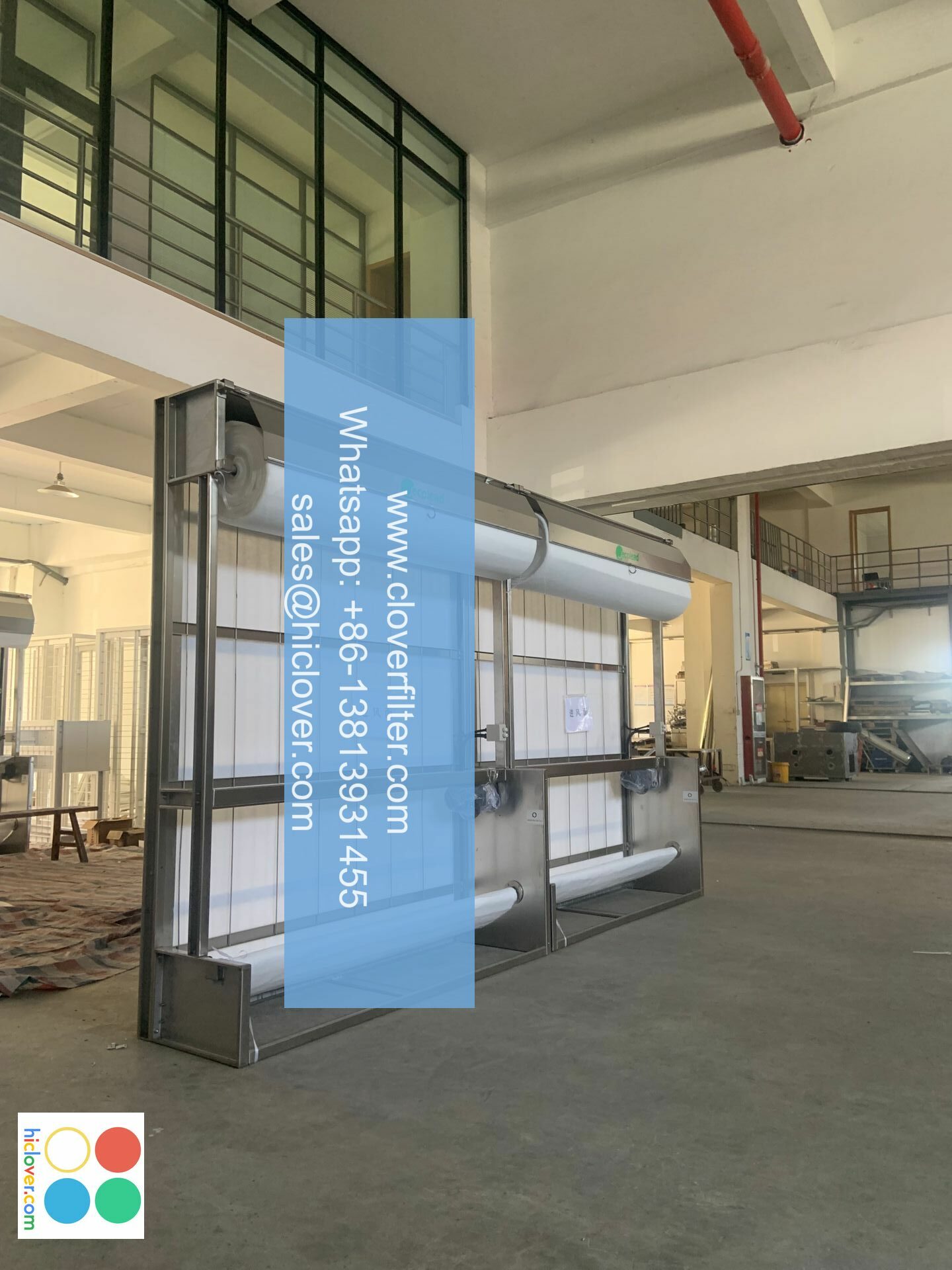5 Ways to Optimize Air Filter Systems for Maximum Efficiency

Optimizing Air Filter Systems for Maximum Efficiency: 5 Essential Tips
Introduction
Air filter systems are a crucial component of many industrial, commercial, and residential applications, responsible for maintaining a healthy and safe indoor environment by removing airborne impurities and pollutants. However, a suboptimal air filter system can lead to reduced air quality, increased energy consumption, and even equipment failure. In this article, we’ll explore five ways to optimize air filter systems for maximum efficiency, highlighting the importance of proper maintenance, selection, and installation, as well as the consideration of various application areas.
1. Regular Maintenance and Cleaning
Regular maintenance and cleaning of air filter systems are essential to ensure maximum efficiency. This includes regular inspections, filter replacements, and cleaning of condensers, coils, and other components. A well-maintained system can reduce energy consumption by up to 20% and extend equipment lifespan by up to 50%. Highlight notes that "a dirty air filter can increase your energy bills by up to 10%."
2. Filter Selection and Specification
The proper selection and specification of air filters are critical to optimize system performance. Consider the following factors when selecting an air filter:
- Air flow volume and pressure drop
- Particulate size and type (e.g., dust, pollen, smoke)
- Temperature and humidity levels
- Filter lifespan and replacement interval
3. Installation and Commissioning
Proper installation and commissioning of air filter systems are crucial to ensure efficient operation. This includes ensuring:
- Correct filter orientation and mounting
- Proper connection of electrical and piping interfaces
- Accurate calibration and testing of sensors and controls
- Training of operating staff on system operation and maintenance procedures
4. Considerations for Specific Application Areas
Air filter systems play a critical role in various application areas, including:
- Industrial settings: maintaining efficient manufacturing processes, reducing energy consumption, and improving worker health and safety
- Commercial buildings: providing a comfortable and healthy indoor environment, improving air circulation, and reducing energy bills
- Residential settings: ensuring a healthy and clean indoor environment, reducing allergy and asthma symptoms, and improving energy efficiency
5. Energy-Efficient Solutions
Implementing energy-efficient solutions in air filter systems can lead to significant energy savings and cost reductions. Consider:
- High-efficiency fans and motors
- Variable-speed compressors and pumps
- Inverter-driven air conditioning systems
- Smart sensors and controls for optimized system performance
Conclusion
Optimizing air filter systems requires a comprehensive approach, considering factors such as regular maintenance and cleaning, proper filter selection and specification, installation and commissioning, specific application areas, and energy-efficient solutions. By adopting these strategies, you can ensure maximum efficiency, reduce energy consumption, and improve indoor air quality, ultimately leading to increased productivity, reduced costs, and better health outcomes.
I’m here! I’m ready to assist you with anything you’d like to talk about or ask about. What’s on your mind?


